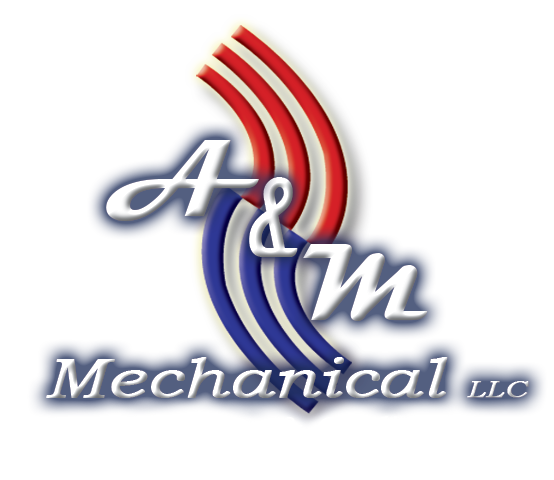20 Feb “Freon, Refrigerant, Coolant – I Think My System Needs Some?!?!”
First things first, you should NEVER have to add refrigerant to a system…and if you do then there is a leak, or perhaps another problem altogether (e.g. restriction) that will not be fixed by adding refrigerant! A refrigerant issue is a big deal, much like if you have a problem within your body’s circulatory system, so it should not be ignored, and planning for a solution is a MUST!
Refrigerant runs thru your HVAC system, similar to oil in the car engine, or blood in the arteries and veins. Folks may also refer to it as freon (the legacy refrigerant nickname), or coolant. Whatever you wish to call it, be wary if you’re told you need it. If a leak is present, it can be a costly repair and should be discussed with a trusted licensed HVAC contractor to help you make the best repair vs. partial/full replacement decision.
Leaks typically occur within the indoor (evaporator) coil or outdoor (condenser) coil, and are typically internal and not repairable, so the entire coil should be replaced. This probably makes sense if the coil is still under manufacturer warranty, but the remaining repair costs for labor, refrigerant, etc. can be costly! However, if the system is out of warranty, or if there have been a slew of prior issues, it may make sense to replace the entire system because repairs/partial replacement can be cost-prohibitive.
There are “new” refrigerants coming out in 2025, so the ‘phase-down’ of the current R410a refrigerant is causing current prices to rise (and if you still have the obsolete R22 refrigerant, that’s even more expensive). In addition, a coil replacement is a labor-intensive task to ensure it is done correctly and you aren’t left with a contaminated system and more problems. These factors must be considered when determining if it’s worth getting a new coil, or putting all that investment toward a new system.
In the Phoenix climate, the average useful life for a heat pump (all electric heating & cooling) is 12-15 years. A system with gas heat yields about 15-18 years. Certainly systems can last longer, but will become less efficient with more frequent and costly repairs. Replacing a 15-20 year old system can save 15-20% in annual heating and cooling costs, or upwards of 50% savings if installing higher-efficient, variable systems.
What about sealant…is that a possibility to buy some time? Sure, if the leaks are small in size and/or quantity, it might be a chance worth taking, but it is a gamble with no guarantees! Also keep in mind, that a system that is even 8oz low may go unnoticed by the homeowner, however the system will work harder and possibly cause damage to the compressor over time. It’s similar to running a car low on engine oil! Also, a coil will freeze up when low on refrigerant, and that can cause additional fractures and leaks….as well as any activity that causes the coils to get too cold or ice up including “super-cooling” or infrequent filter changes. If you do “pre-cool”, the rule of thumb as explained by the utility companies is +- 3degrees, to avoid long run times and extra wear & tear. Filters should be checked/changed monthly, with more/less frequency based on how cool you keep your home in the Summer, if you have pets, etc…when in doubt, just remember that a dirty filter = higher electric bills! We recommend the cheapest, white-pleated filters for decent air-purification without sacrificing airflow.
The best approach to monitoring refrigerant levels and overall health of the HVAC system, is to have it routinely maintained by a licensed HVAC contractor, where a year over year comparison takes place. Small issues can be caught early, helping to prevent large and expensive repairs, as well as unnecessary energy usage. If the system struggles in the heat of the Summer, or perhaps some rooms are not as comfortable, it’s very possible a refrigerant issue exists and should be explored further. A&M Mechanical would be happy to perform a full checkup for you once or twice a year as you desire, and we provide detailed invoices and take pictures too…all to properly report system health and keep you informed along the way, planning ahead as needed for aging or struggling systems.


Sorry, the comment form is closed at this time.